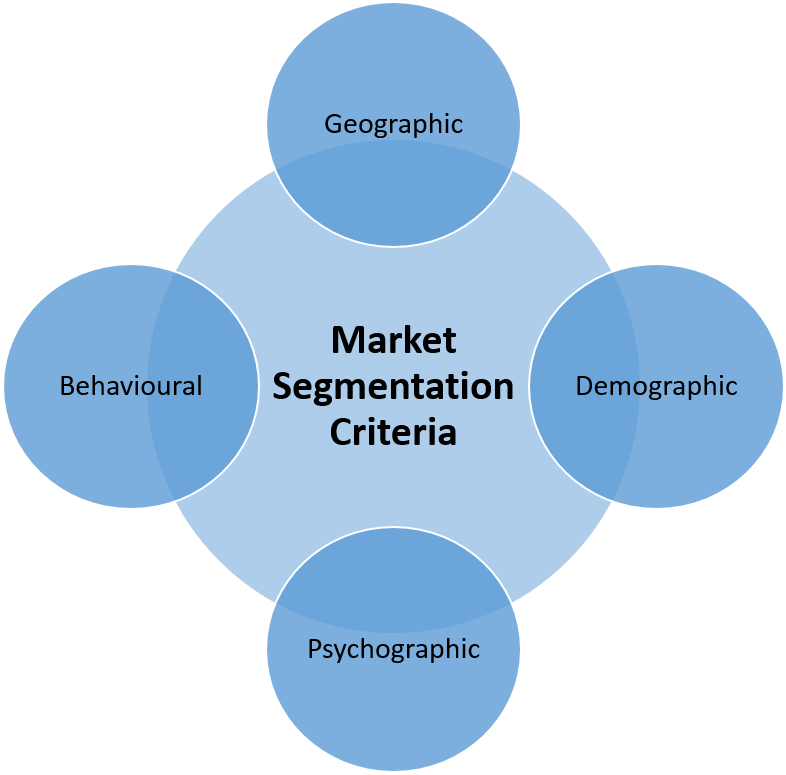Unlocking the Power of Marketing Concepts: Building Blocks of Successful Marketing Strategy
In the dynamic world of marketing, success hinges on understanding and applying foundational concepts that shape strategy and decision-making. From the classic 4Ps of the marketing mix to the nuanced principles of market segmentation, target marketing, and positioning, these concepts serve as the building blocks of effective marketing strategy. In this blog post, we'll explore how these fundamental concepts come together to form the foundation of marketing strategy and decision-making, driving business growth and success.
The Marketing Mix (4Ps): The marketing mix, also known as the 4Ps, consists of four key elements: Product, Price, Place, and Promotion. These elements represent the core components of a marketing strategy and guide decision-making in product development, pricing strategy, distribution channels, and promotional activities.

- Product: The product refers to the tangible or intangible offering that satisfies customer needs or desires. Marketers must understand the features, benefits, and value proposition of the product to position it effectively in the market and differentiate it from competitors.
- Price: Pricing strategy involves determining the appropriate price for the product or service based on factors such as cost, demand, competition, and perceived value. Pricing decisions impact profitability, market positioning, and customer perceptions, making it a critical component of the marketing mix.
- Place: Place, also known as distribution, refers to the channels and intermediaries through which products or services are made available to customers. Marketers must select distribution channels that ensure product accessibility, convenience, and efficiency in reaching target markets.
- Promotion: Promotion encompasses the various marketing communications activities aimed at promoting and selling the product or service. This includes advertising, sales promotions, public relations, direct marketing, and digital marketing efforts designed to create awareness, stimulate demand, and drive sales.

Market Segmentation: Market segmentation involves dividing a heterogeneous market into distinct groups of consumers with similar needs, characteristics, or behaviors. By segmenting the market, marketers can identify and target specific customer segments with tailored marketing strategies and offerings that resonate with their unique preferences and requirements.

Target Marketing: Target marketing involves selecting one or more market segments to focus on and directing marketing efforts towards those segments. By identifying and prioritizing target markets, marketers can allocate resources more effectively, personalize marketing messages, and maximize the impact of their marketing initiatives.

Positioning: Positioning refers to the perception of a product or brand in the minds of consumers relative to competitors. Marketers use positioning strategies to create a distinct and desirable image for their offerings, emphasizing unique selling propositions, benefits, and attributes that differentiate the product or brand from competitors and resonate with target customers. Positioning is the Art of Manipulating the mind of the Customer relative to Brand, Person, Place, Product, Price. Positioning is What you do with the Perception of the Person.
Of all the Ps, Positioning is the foremost. All said and done, if the Product, Price, Place, Person, Process, Physical Evidence etc are not registered in the minds of the customer, all efforts will fail. The only way left is Advertising and Advertising- keep knocking the brain of the Customer till it is properly nailed. Companies spend millions on Advertising for their product to be Positioned as Number One in the minds of the Customer.
Its like when you want to purchase an AC, which Brand Name crosses your mind first- Samsung, Haier, Godrej, Carrier, Whirlpool. There are so many, but which Brand comes to your mind first, lets say Samsung- Bingo, Samsung has been successful in Positioning its name, How? Constant Advertising-Visuals, Audio, Text, etc. This is Positioning. Positioning Comes last, but if it fails, everything else Fails.

Important Note: Over the Years, you might have also read or heard that there are more Ps added to the Marketing Mix comprising of People, Process, Physical Evidence, Purpose, Promise, Principles, Personas, Positioning, Proof Points, Pornography, Performance, Pressure, Power, Placid, Palatable, Palpable, Purposeful. The explanations of these are beyond the scope of this blogpost as majority of the Colleges and Universities in India especially still have not gone beyond the 4 Ps in their curriculum. However, the Educators are requested to upgrade the their students understanding beyond the 4 Ps.
Conclusion: In conclusion, marketing concepts such as the marketing mix, market segmentation, target marketing, and positioning form the foundation of marketing strategy and decision-making. By understanding and applying these concepts effectively, marketers can develop cohesive and impactful marketing strategies that drive business growth, enhance brand equity, and create value for customers. Whether crafting a new product launch, refining pricing strategies, selecting distribution channels, or developing promotional campaigns, these fundamental concepts serve as guiding principles that shape marketing success in today's competitive marketplace.
Comments
Post a Comment